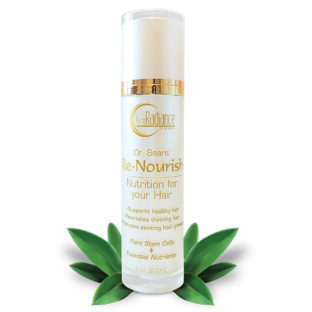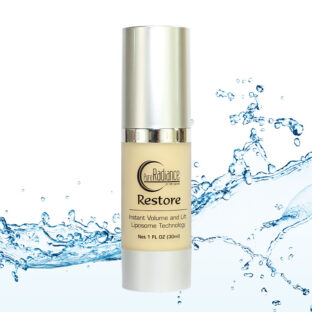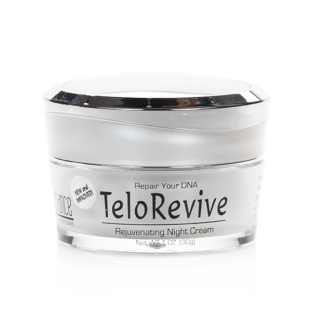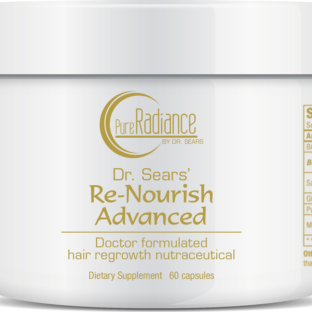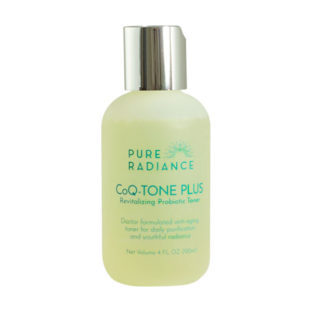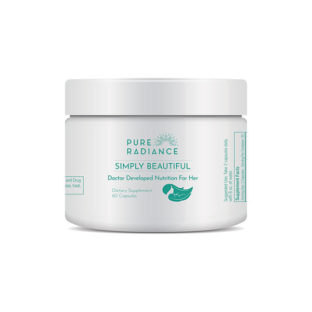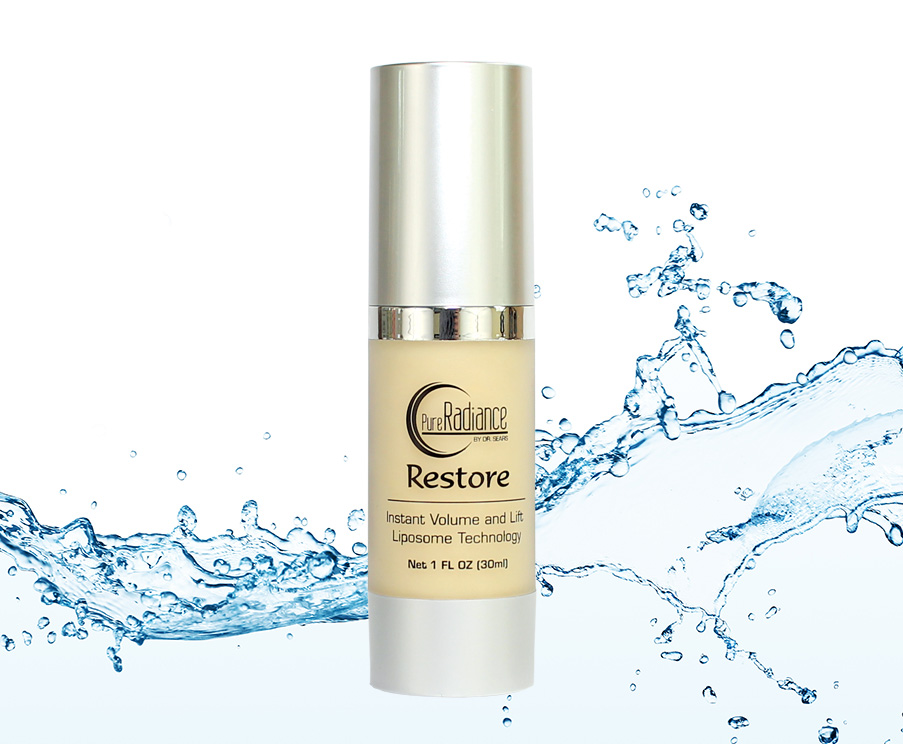Anxiety, depression and insomnia are some of the most common reasons women come to see me here at Dr. Sears’ wellness clinic.
These patients are usually so fed-up with taking prescription medicine that masks the problem that they come to me for a natural solution to help them feel better. But the problem usually isn’t what they think it is. And they don’t have to pop pill after pill.
In most cases, all they have to do is increase their progesterone levels.
Progesterone is one of the most important hormones in a woman’s body and often the most overlooked. The word breaks down to “pro,” meaning “for,” and “gest,” meaning gestation. It plays a major role when you’re in your child-bearing years by helping you get pregnant and keep your baby healthy throughout your term.
Dr. Sears also refers to progesterone as your “feel-good hormone.” It’s what’s responsible for giving pregnant women that “glow” and feeling upbeat and happy. But if your progesterone levels drop, you can start feeling rundown, depressed and anxious. In fact, after a woman gives birth, her progesterone levels drop dramatically and can result in post-partum depression. And in most cases, a little boost of progesterone is all it takes to help you feel happier and calmer.
But the benefits of progesterone don’t end there. This hormone also provides major protective functions to your body by:
- Protecting your breasts, uterus and ovaries from cancer
- Working as a natural diuretic
- Decreasing PMS and the severity of your periods
- Improving the breakdown of fat into energy
- Increasing your sex drive
- Reducing your craving for carbohydrates and sweet foods
- Assisting with your bone formation
- Increasing your HDL, your “good” cholesterol
As you get older, your body starts to produce less progesterone. And after menopause starts, the progesterone levels of many of my patients are almost undetectable. This dramatic loss can affect more than just your mood and your sleep patterns. You may also notice spotting, severe PMS, cystic breasts or water retention. If you experience any of these symptoms, I suggest you ask your doctor to test your hormone levels.
One thing I recommend to my patients who are deficient in progesterone is a bio-identical progesterone cream. This is often the best solution, because the natural progesterone in the cream gets absorbed through your skin and into your bloodstream to gently lift your levels – with virtually no negative side effects. Ask your doctor for recommendations.
You can help keep your progesterone levels in shape by making better choices when it comes to your food, too. The antibiotics and hormones in the grain-fed varieties of protein and pesticides used on non-organic produce can disrupt your progesterone level. So try to choose grass-fed beef, free-range poultry, and organically grown fruits and vegetables whenever you can.
Sincerely,
![]()
Kamila Fiore, ARNP, NP-C

[Ed. Note: Kamila Fiore is the resident Nurse Practitioner at the Sears’ Center for Health and Wellness in Royal Palm Beach, Fla. Kamila is passionate about taking a natural approach to healthcare. She believes it’s a vital necessity in this day and age – a time when our health is being jeopardized by the chemicals, toxins and processes that are incorporated in almost everything we consume, touch or breathe. She earned her Master of Science degree in Nursing from the University of Florida and became state-licensed and board-certified in 2007. Her professional experience includes Aesthetics, Internal Medicine/Geriatrics and Anti-Aging. Kamila educates her patients on health promotion and disease prevention.]


